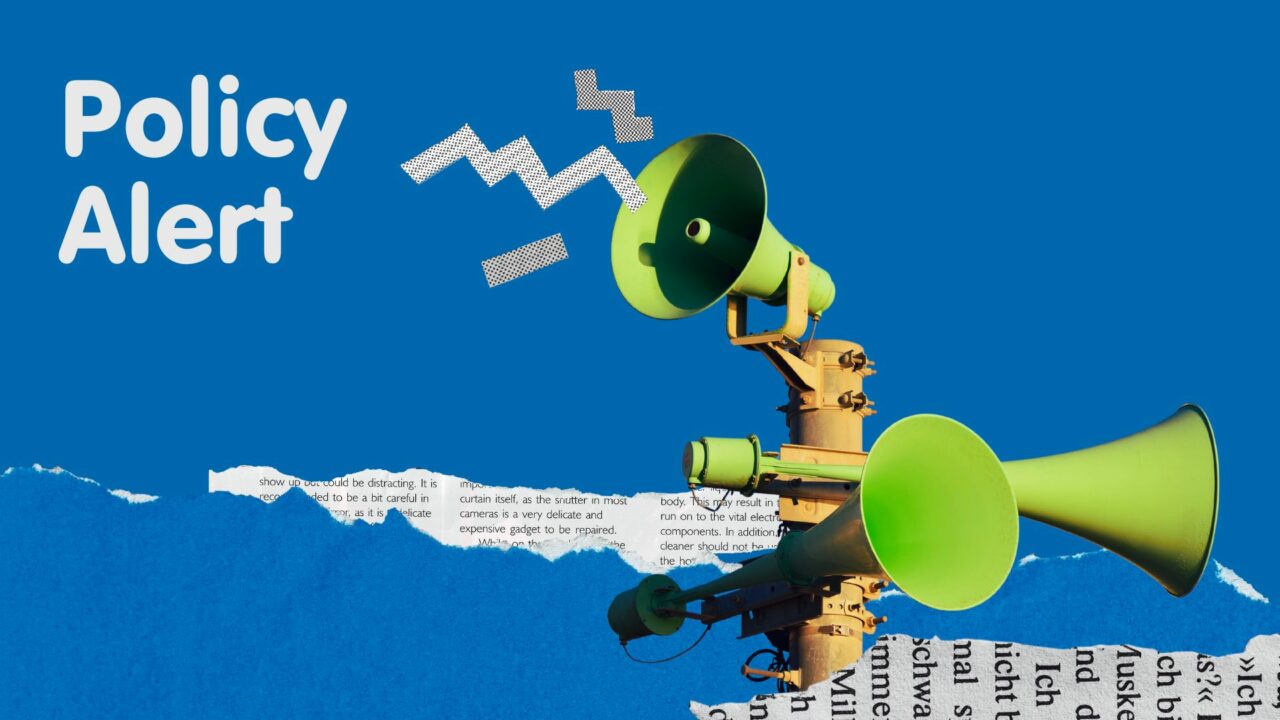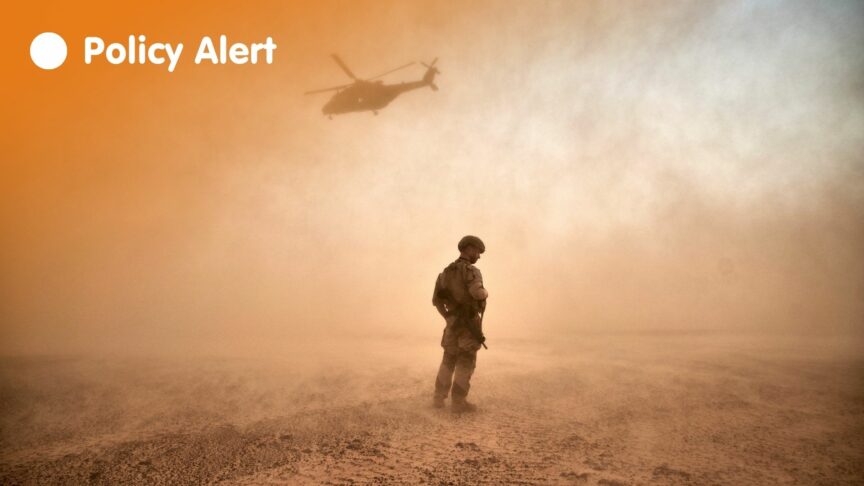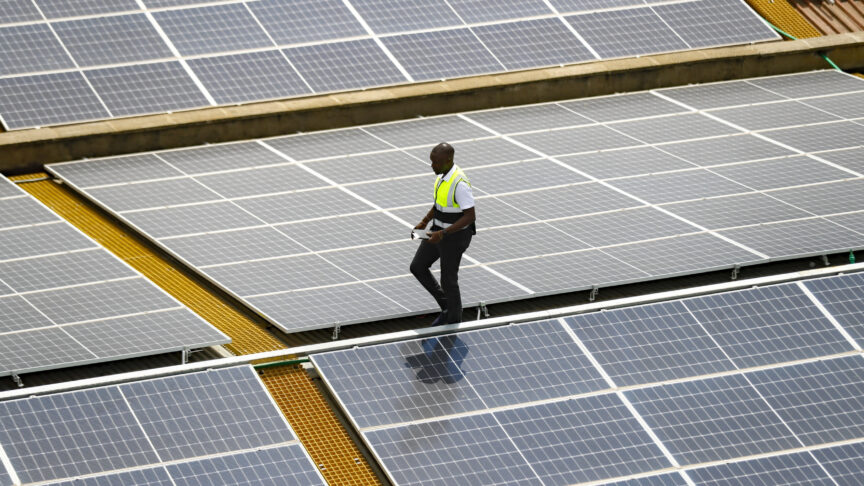A necessary trade-off: Why the EU needs to cooperate with Niger’s post-coup government on counter-terrorism
Jihadist groups have rapidly gained territory across the Sahel over the past year. They threaten to spread further to the Gulf of Guinea, destabilising not only the Sahel but also Ghana and Benin, with knock-on effects for migration, possible state collapse, and increased terrorist attacks abroad. But after military coups in Mali, Burkina Faso, and now Niger, Europeans’ ability to respond militarily is constrained by unconstitutional governments. The alarming spate of coups across the Sahel pits two European priorities against one another – values and security; democracy and counter-terrorism. European governments refuse to provide security support to unconstitutional governments and are therefore unable to tackle security threats through security cooperation. This creates an additional problem for Europe: when it closes the door to security support, the private security company Wagner waits in the wings, willing to provide support to the Sahel’s post-coup governments. These operations may indirectly aid Wagner or even put European and Wagner operations on a collision course.
Values versus security
The sudden death of Wagner’s leader Yevgeny Prigozhin, presumably at Russian president Vladimir Putin’s behest, likely shakes the post-coup governments’ confidence in Wagner’s reliability. This provides an opportunity for the EU and its member states. Rather than making their security support to Niger conditional on a return to democracy – which contributed to France’s eviction and the EU’s subsequent withdrawal of security support from Mali – they should adopt a ‘governance-agnostic’ transactional stance in Niger. The EU and its member states should safeguard their security support to the country by deescalating the current clash over democracy. This would create a prophylaxis against a possible Wagner counter-offer of support, which could usher the EU and its members to the exit.
For that European security support to be effective, it needs to be informed by its failures in Mali. Firstly, the EU and its members should avoid supporting local ethnic militias, which increased communal conflict and ultimately strengthened jihadist groups’ hand. Secondly, they should advocate ousted President Mohamed Bazoum’s “outstretched hand” policy: pursuing selective dialogue with locally oriented Islamist groups, with local interests, while combating transnational jihadists.
The lesser of two evils
There are no ‘good’ policy options for the situation in the Sahel. The current France-driven EU policy towards Niger presses for Bazoum to be reinstated. This would kill two birds with one stone: maintaining fealty to democracy while returning a trusted security partner to power who would abjure any future role for Wagner. However, the dramatic spate of coups throughout the Sahel suggests that making democratic governance the condition of European security support condemns Europe to isolation. Deprioritising democracy in Niger might undermine EU democracy promotion elsewhere. It also runs counter to the Economic Community of West African States, which demands the return of Bazoum to power. But given the dramatic spread of jihadists’ territorial control across the region, in Niger, European policymakers need to prioritise counter-terrorism. Unfortunately, the eroding global order will increasingly demand such trade-offs between values and interests, which are an uncomfortable novelty for European policymakers
The European Council on Foreign Relations does not take collective positions. ECFR publications only represent the views of their individual authors.



